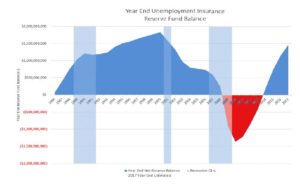In a long-awaited decision of this term, the U.S. Supreme Court decided the plaintiffs in Gill v. Whitford, the legal challenge to Wisconsin Republicans’ 2010 redistricting map, lack standing to challenge the statewide map. The Court remanded the case to district court, giving the plaintiffs another opportunity to demonstrate concrete injuries to their individual votes. The opinion was unanimous, with Chief Justice Roberts writing the lead opinion, and each justice writing or joining a concurring opinion.
The plaintiffs, all Democratic voters from Wisconsin, argued that the map violated their rights to association and equal protection because it unfairly diminished their chances to achieve a majority and resultant legislative outcomes. The map, they said, unfairly gave Republicans a better chance of “translating their votes into seats.”
In defense, the state of Wisconsin argued the plaintiffs lack standing to challenge the entire map. The Court agreed that plaintiffs can only challenge their own voting districts and thus lacked standing for their statewide gerrymandering claim.
Justice Kagan, joined by Justices Ginsburg, Breyer, and Sotomayor agreed that the plaintiffs did not have standing, and suggested the plaintiffs expand on the theory that the redistricting infringed upon their First Amendment rights of association. Kagan also suggested if enough plaintiffs allege the map diluted their votes in their individual districts, the aggregate claims could force the statewide map to be redrawn.
Justice Thomas, joined by Justice Gorsuch, agreed the plaintiffs lacked standing, but did not agree with the Court’s decision to remand the case to district court because remanding is not the standard practice of the Supreme Court in such cases.

